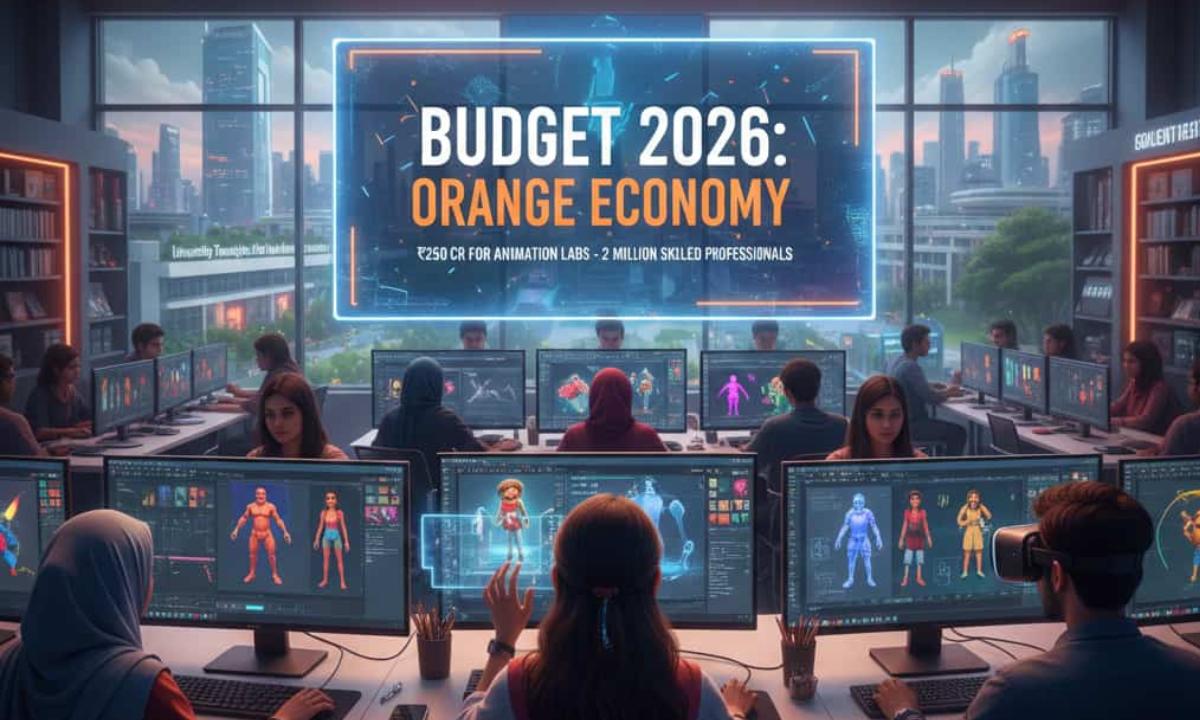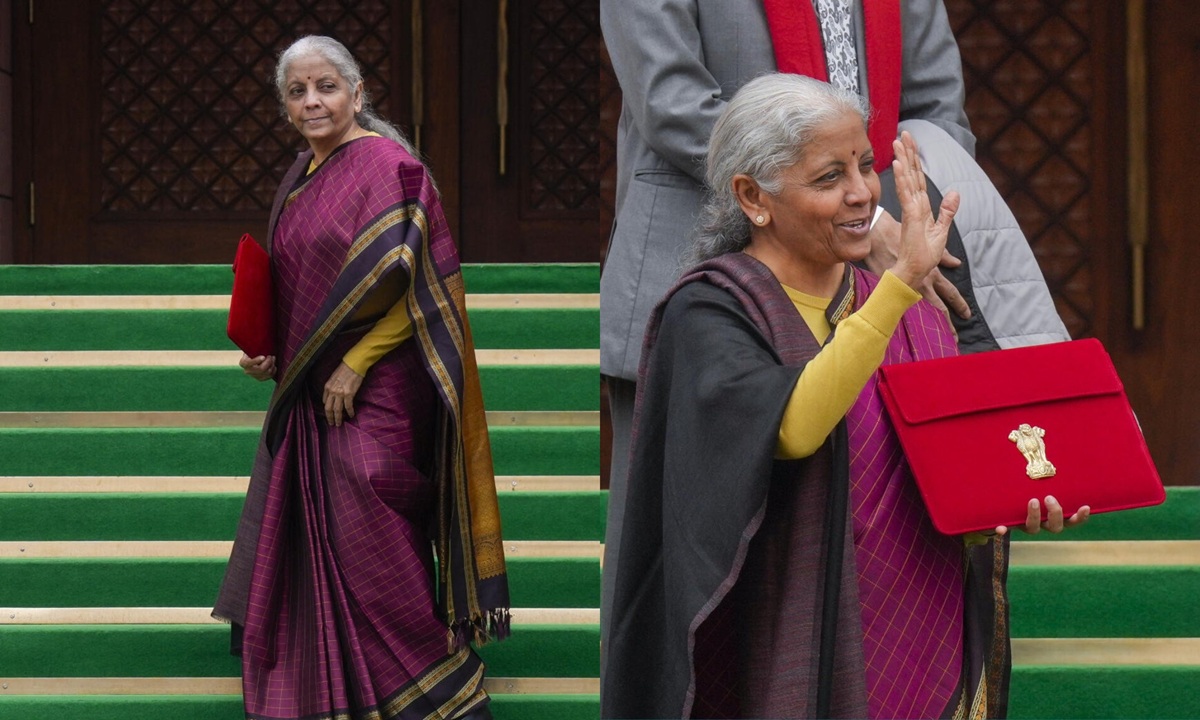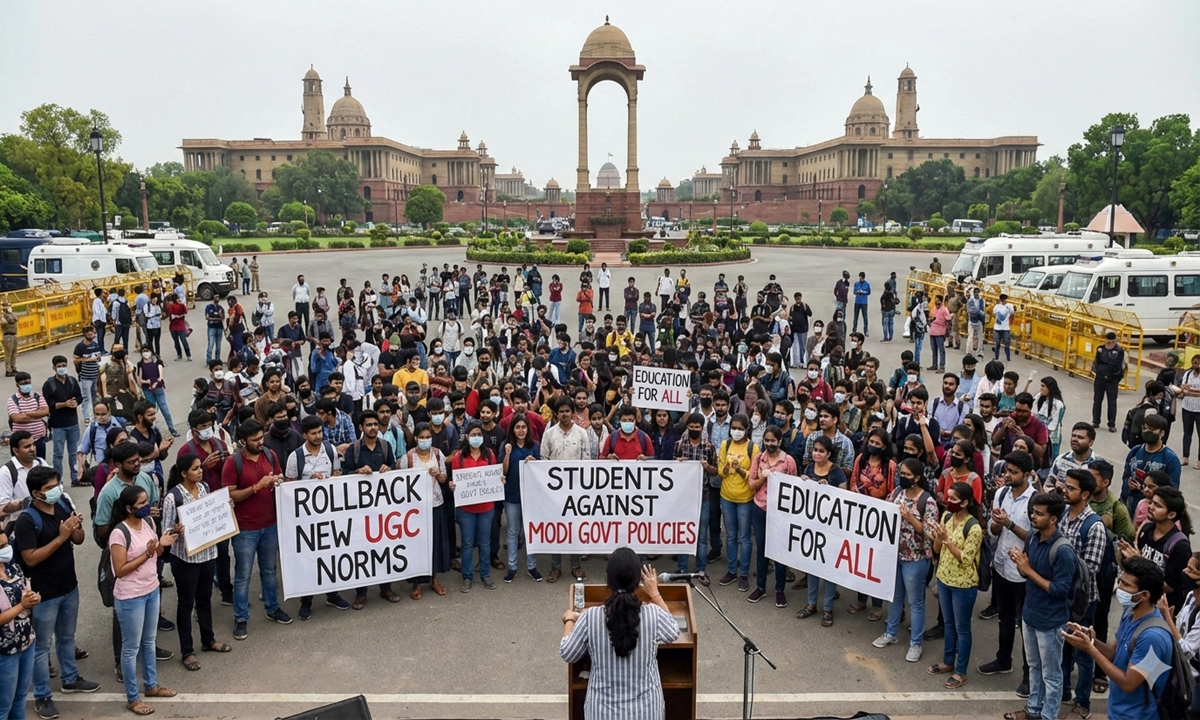
In the wake of the COVID-19 pandemic, the travel industry saw a phenomenon known as "revenge travel," where individuals, eager to break free from prolonged restrictions, embarked on extravagant and frequent trips. However, recent trends indicate that this surge is losing steam, with travel patterns gradually stabilising and returning to a pre-pandemic normalcy.
The Rise of Revenge Travel
The term "revenge travel" emerged in 2021, capturing the collective desire to make up for lost time. After months of lockdowns and travel bans, people were willing to spend more on travel experiences, leading to a temporary boom in the industry. Destinations that reopened saw an influx of tourists, flights were fully booked, and luxury resorts experienced unprecedented demand.
Travelers sought exotic locations and unique experiences, often splurging on high-end accommodations and activities. The mindset was clear: after enduring significant hardships, it was time to indulge. This period saw a spike in bookings for international destinations, with many travelers opting for longer vacations to compensate for the months spent at home.
The Shift Towards Normalcy:
As the initial excitement of revenge travel subsides, recent data shows a shift towards more sustainable and regular travel habits. Several factors contribute to this trend, including financial considerations, changing work dynamics, and an increased awareness of sustainable travel practices.
Financial Realities
The initial wave of revenge travel was driven by savings accumulated during the lockdown period. However, as people resume normal spending habits, the disposable income available for frequent travel has decreased. This shift is reflected in the more budget-conscious choices travellers are now making, opting for closer-to-home destinations and shorter trips.
Remote Work and Flexibility
The pandemic accelerated the adoption of remote work, which initially fueled the revenge travel trend. Many professionals took advantage of their newfound flexibility to travel while working remotely. However, as companies establish hybrid work models and employees return to the office, the frequency and duration of trips have started to normalise.
Sustainability Concerns
The travel boom during the revenge travel phase also brought to light the environmental impact of frequent and long-haul travel. With a growing awareness of climate change and a commitment to reducing carbon footprints, travelers are now more inclined to make mindful choices. This includes opting for eco-friendly accommodations, reducing air travel, and exploring local destinations.
The Emergence of New Travel Patterns:
While revenge travel highlighted the pent-up desire to explore, the current trends reveal a more balanced approach to travel. Several new patterns have emerged as a result of this shift:
Slow Travel
Instead of hopping from one destination to another in a short span, travelers are now embracing the concept of slow travel. This involves spending more time in one place, immersing in the local culture, and forming a deeper connection with the destination. Slow travel not only reduces the environmental impact but also provides a richer and more fulfilling travel experience.
Local and Regional Destinations
With the unpredictability of international travel restrictions, many are rediscovering the charm of local and regional destinations. This trend has benefited lesser-known locations, providing a boost to local economies and encouraging travelers to explore hidden gems closer to home.
Experience Over Material
The pandemic has shifted priorities for many, with a greater emphasis on experiences over material possessions. Travelers are seeking meaningful and transformative experiences, such as wellness retreats, adventure travel, and cultural immersion. This trend is also driving the growth of niche travel markets catering to specific interests and preferences.
Digital Nomadism
Although the initial surge of digital nomads has tapered off, the concept remains popular among a subset of travelers. Countries offering digital nomad visas and long-term stay options have become attractive destinations for those seeking a blend of work and travel. This has led to the growth of co-working spaces and remote work-friendly accommodations in various parts of the world.
The era of revenge travel, characterized by a fervent desire to make up for lost time, is gradually giving way to more measured and sustainable travel practices. Financial realities, changing work dynamics, and an increased focus on sustainability are shaping the new travel landscape. As travelers adapt to these changes, the industry is witnessing the emergence of trends like slow travel, local exploration, and a preference for experiences over materialism.
This shift signifies a return to normalcy, where travel is once again seen as a part of life rather than an escape from it. As we move forward, the lessons learned from the pandemic will continue to influence travel behavior, fostering a more mindful and balanced approach to exploring the world.
Popular Categories
Read More Articles
Business
Why India’s Next Banking Crisis Won’t Start With Bad Loans by Malik Mubashir February 2, 2026Business
Budget 2026: Big Push for Orange Economy to Create 2 Million Skilled Professionals with ₹250 Cr for Animation Labs by Awadh 360° Desk February 1, 2026Business
'Union Budget 2026 reinforces India’s manufacturing ambitions': Entrepreneurs react to announcements by FinMin Nirmala Sitharaman by Awadh 360° Desk February 1, 2026Education
What is the UGC equity rule controversy that has triggered protests and resignations? by Awadh 360° Desk January 28, 2026



